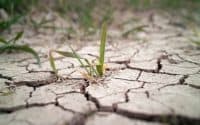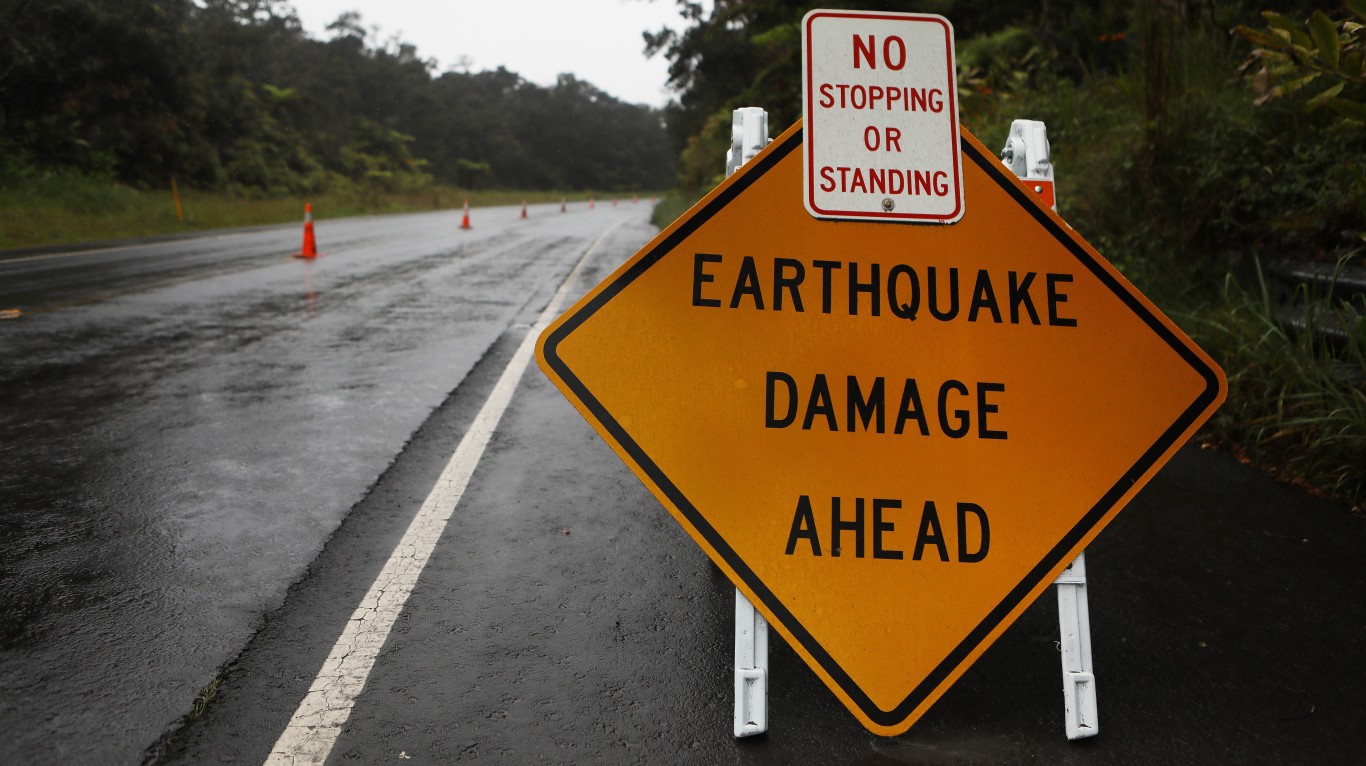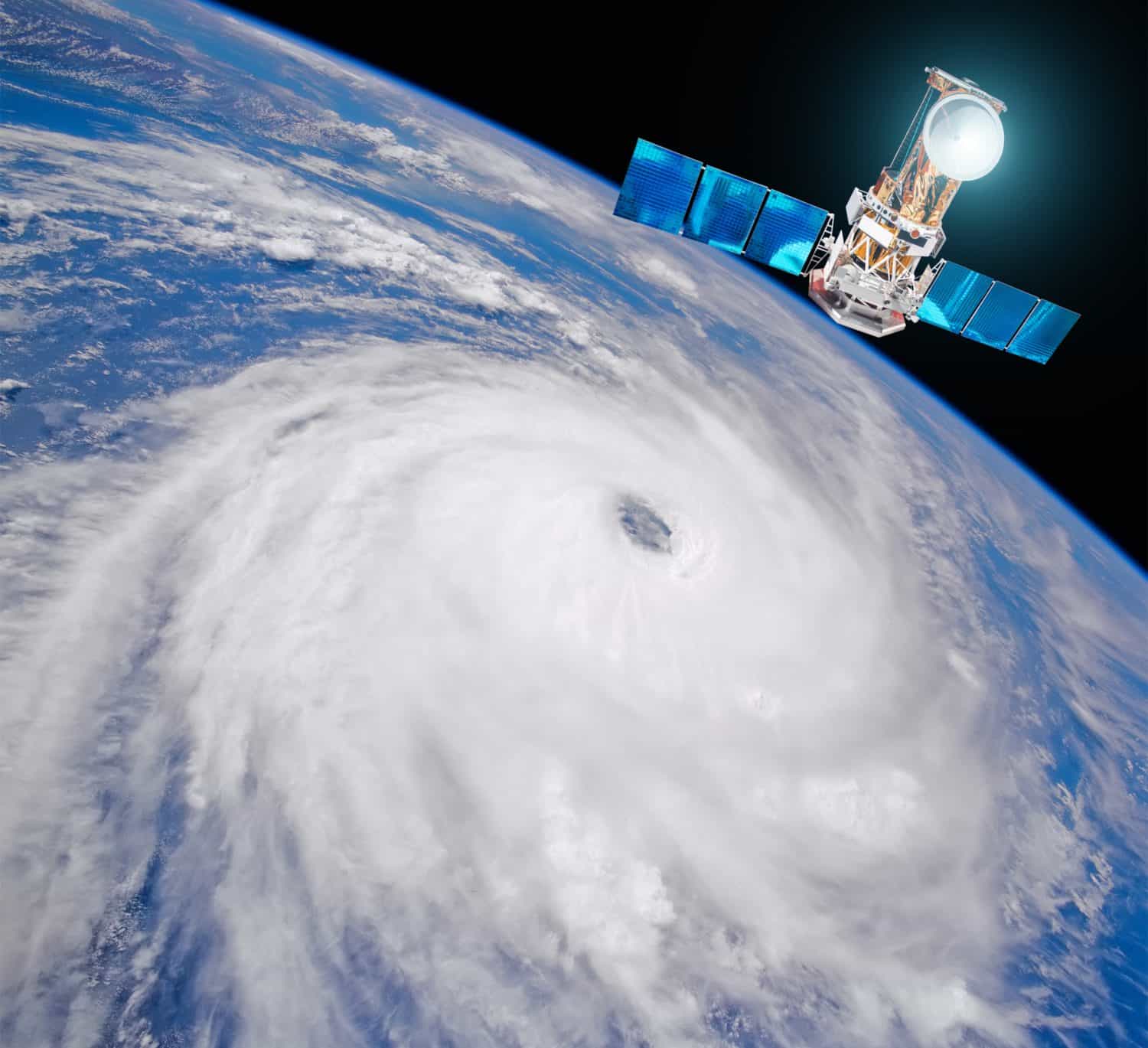
This week Hurricane Debby has lost steam and been downgraded to a tropical storm, still bringing torrential rains but much lower winds and less damage than a full-scale hurricane. We may have dodged a bullet this time, but of course more hurricanes are always on the way. Hopefully, none of them beat the record of 2023’s Severe Tropical Cyclone Freddy, which lasted over 5 weeks, crossed the whole Indian Ocean, and took over 1400 lives.
24/7 Wall St. Insights
- Freddy formed near Indonesia and crossed the ocean to southern Africa.
- It lasted the longest and released more energy than any hurricane in the world ever recorded.
- It took over 1,400 lives and did nearly $500 million in damage to six countries.
- Also: Discover “The Next NVIDIA
Reasons to Care
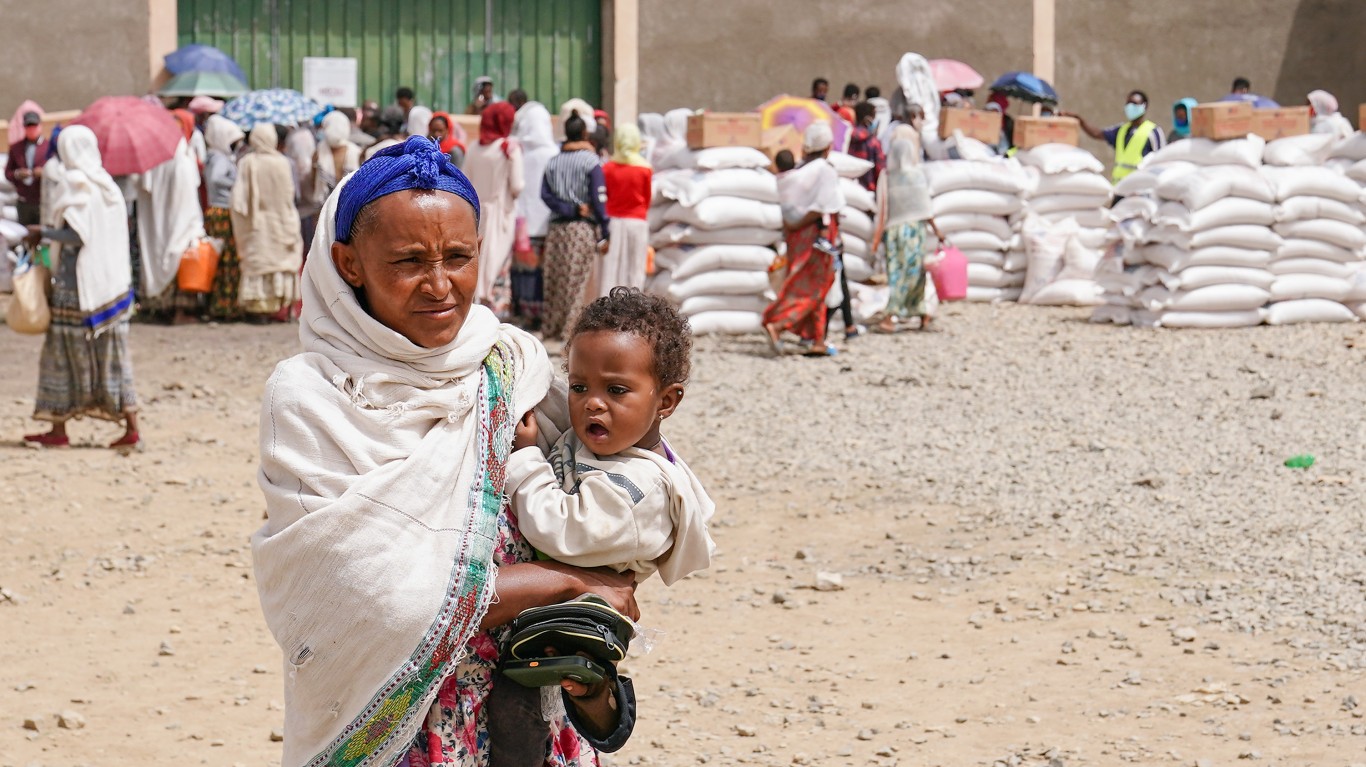
Here are some of the reasons to care about a storm that probably didn’t affect you directly:
- One of the things that makes us humans is that we care about other people and can empathize with them even when we don’t know them. One way we might respond is to support charities or channel investment dollars to help them.
- Climate scientists predict larger and more frequent storms like this as the average temperatures on the planet increase.
- Economic damage in one part of the world has a ripple effect on the rest by interfering with raw materials production, delaying international shipping, and increasing the foreign aid needs of struggling countries.
A Storm Is Born
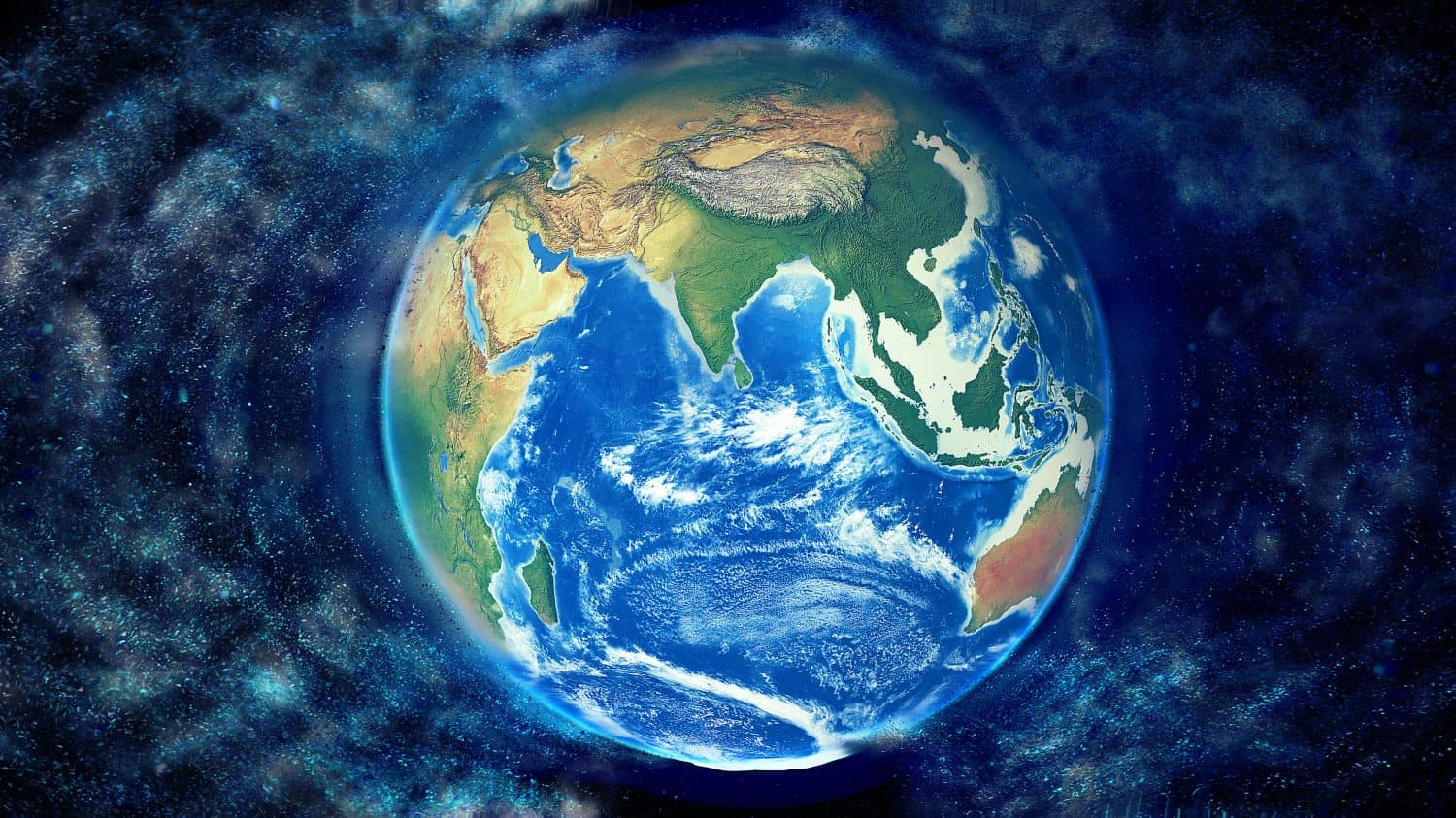
Freddy got started on February 4, 2023 as a tropical low-pressure system south of Indonesia. It moved west across the Indian Ocean, gathering strength as it went. It turned into a Category 5 severe tropical cyclone with winds up to 145 mph. (Note these storms are called different names locally: cyclone in the Indian Ocean, typhoon in the eastern Pacific, and hurricanes in the western Pacific and Atlantic).
A Deadly Pinball Game
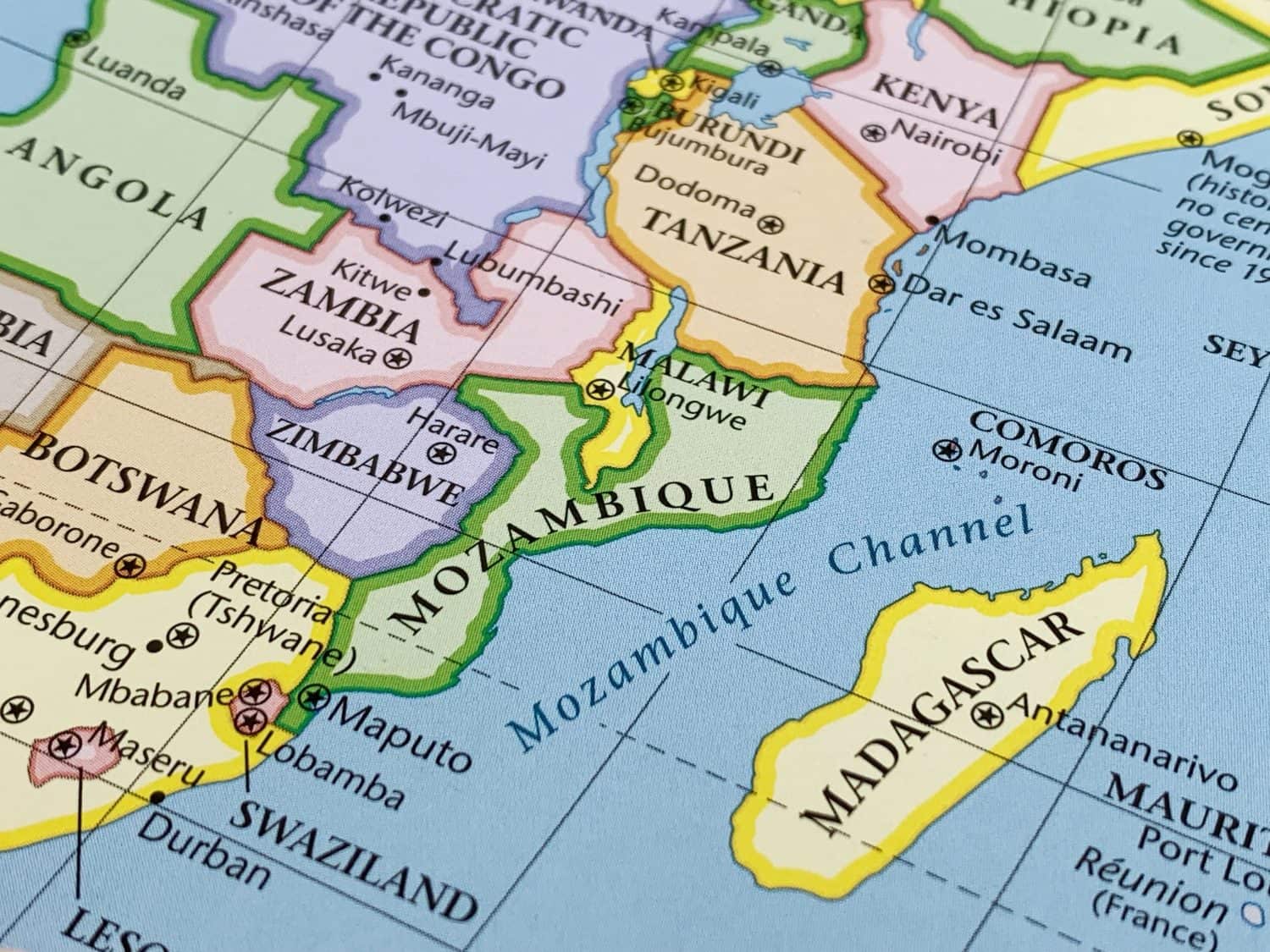
The storm bounced back and forth like a pinball between two African countries. It hit Madagascar at full strength, weakened, then strengthened again in the Mozambique Channel and struck southern Mozambique. It bounced back across the channel and hit Madagascar a second time before moving northwest to hit Mozambique again. It took a full two weeks for the storm to completely dissipate over Mozambique.
Storm Damage
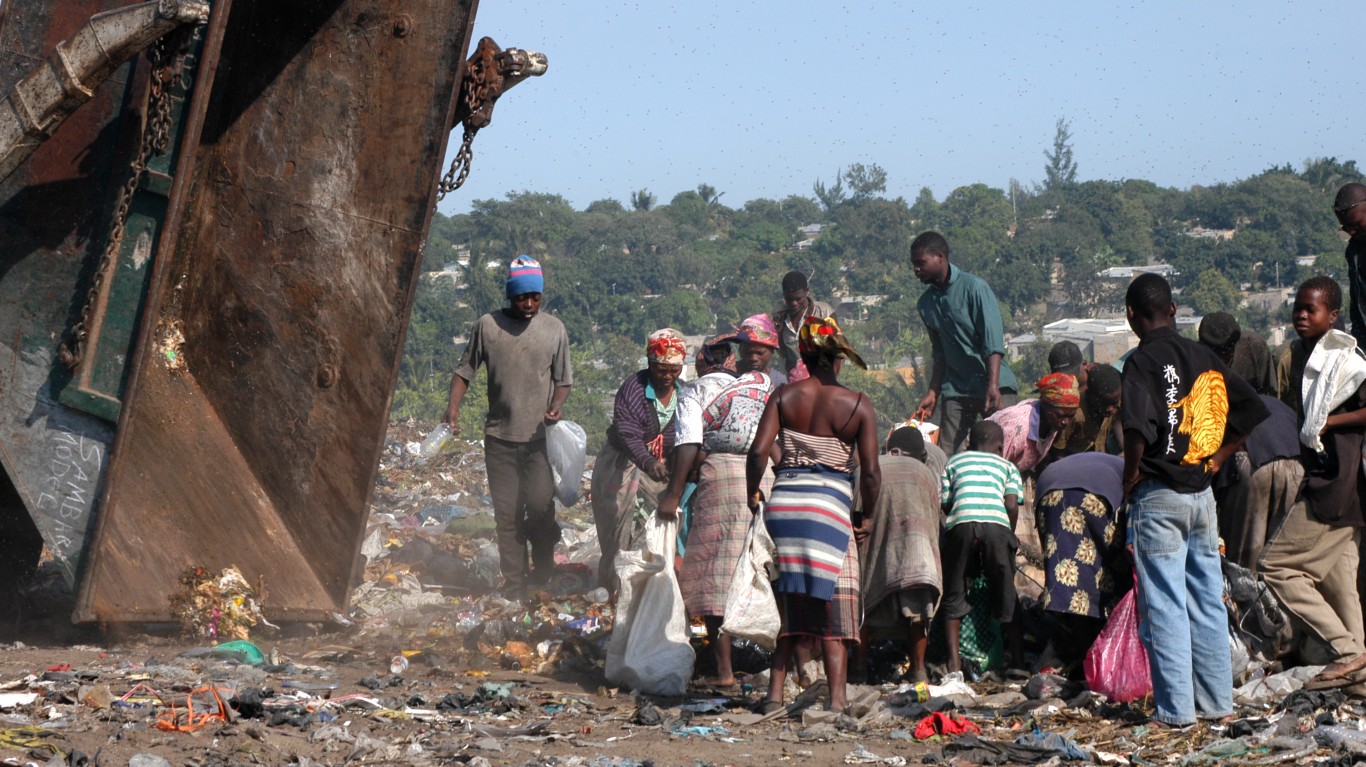
The storm affected about 1.7 million people in 6 countries and territories: Madagascar, Malawi, Mauritius, Mozambique, Réunion, and Zimbabwe. Due to early preparations such as repositioning relief supplies, and preemptive evacuations, Madagascar and Mozambique did not suffer as much loss of life as expected. By far the most fatalities happened in Malawi, where 1,216 people died in catastrophic flooding. In total, Freddy took 1,434 lives, left 2,004 people injured, 19 people missing, and $481 million in damage.
Freddy’s World Records

Severe Tropical Cyclone Freddy was a record-setting storm in several ways:
- Lasting 5 weeks, it was the longest-lasting tropical cyclone ever recorded.
- It produced more accumulated cyclone energy of any individual storm measured on Earth.
- Only two other tropical cyclones in 1973 and 2019 took more lives than Freddy.
So Freddy gets some trophies, but not the kind we really want to celebrate.
It’s Not Coming Back . . . Or Is It?

Fortunately, we never have to worry about another Cyclone Freddy. This one was so bad that the Australian Bureau of Meteorology retired this name from their list for future storms. But climate scientists warn that these types of storms will become more frequent and intense. So, like Freddy Krueger of Nightmare on Elm Street, we probably haven’t seen the end of future reincarnations of this kind of killer cyclone.
100 Million Americans Are Missing This Crucial Retirement Tool
The thought of burdening your family with a financial disaster is most Americans’ nightmare. However, recent studies show that over 100 million Americans still don’t have proper life insurance in the event they pass away.
Life insurance can bring peace of mind – ensuring your loved ones are safeguarded against unforeseen expenses and debts. With premiums often lower than expected and a variety of plans tailored to different life stages and health conditions, securing a policy is more accessible than ever.
A quick, no-obligation quote can provide valuable insight into what’s available and what might best suit your family’s needs. Life insurance is a simple step you can take today to help secure peace of mind for your loved ones tomorrow.
Click here to learn how to get a quote in just a few minutes.
Thank you for reading! Have some feedback for us?
Contact the 24/7 Wall St. editorial team.
